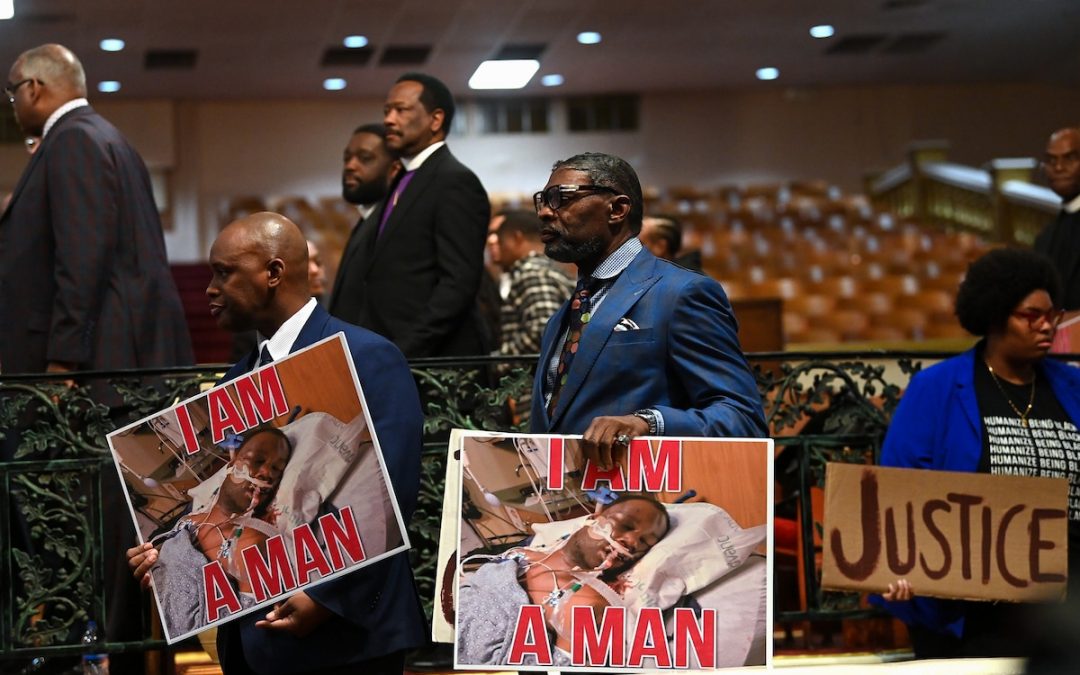This week marked two years since Myanmar’s military coup, and the nation is still in a state of turmoil. In Yangon, the nation’s largest city, streets that are usually bustling with activity were empty as people stayed home in a “silent strike” organized by the main opposition group. Meanwhile, in Thailand, a large protest was held outside the Myanmar Embassy in Bangkok. The ruling junta is locked in a stalemate with a variety of opposition groups, and the conflict has led to a full-blown civil war in certain rural areas. Humanitarian groups estimate that close to 3,000 civilians have been killed since the coup, and nearly 14,000 political prisoners, including Nobel laureate and de facto elected leader Aung San Suu Kyi, are languishing in prison.
The U.N. estimates that some 17.6 million people, nearly a third of the country, will need humanitarian assistance this year, yet the U.N.-backed response plan for Ukraine is five times the size of what has been earmarked for Myanmar and has received far more funding. The opposition to the junta has received minimal international support, and Russia and China are still propping up the junta with military support.
A ragtag rebellion endures away from the major cities, and some of the People’s Defense Forces factions have been supported by the country’s more veteran and better-equipped ethnic minority armies. On the two-year anniversary of the coup, the junta chief announced a new extension of the state of emergency, which will likely mean a deferral of elections scheduled for August. The international response has been slow and not coordinated, and there’s little sign of change on the horizon.
This Friday, the foreign ministers of ASEAN, the leading geopolitical bloc in Southeast Asia, are convening, and the chaos in Myanmar is likely high on the agenda. Indonesian President Joko Widodo is contemplating dispatching a top general to Myanmar to talk with the junta and share lessons from Indonesia’s own turbulent transition to democracy. Whatever the method, the junta’s opponents want to see real results. ASEAN must compel Min Aung Hlaing to stop the killing and talk to the democratic resistance.
Two years after the Myanmar military coup, the nation is still in a state of chaos. The country’s citizens are facing a devastating death toll, displacement, and the lack of international support. This Friday, the foreign ministers of ASEAN are convening and discussing the crisis, and Indonesian President Joko Widodo is contemplating dispatching a top general to Myanmar to talk with the junta. It’s time for action to bring an end to the conflict and restore democracy in Myanmar.
Source: s2.washingtonpost.com
